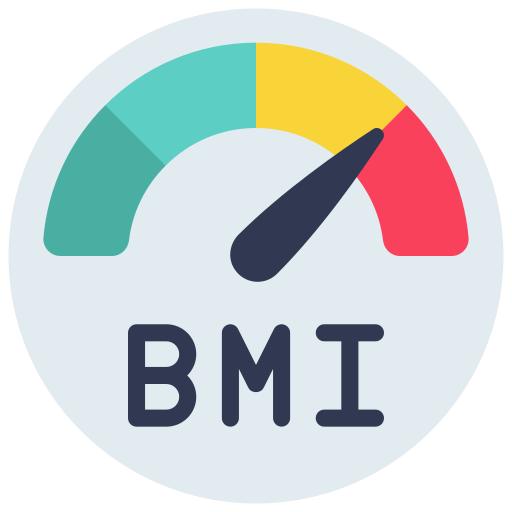“Each body is different
― Joerg Teichmann
Therefore each rehabilitation must be different”
BMI is often used to assess physical health risks, but research has shown that it is also associated with mental health outcomes. Here we discuss about the impact of BMI on mental health.

How BMI Can Impact Mental Health?
Individuals in different BMI categories may experience distinct mental health outcomes. Here is a closer look at the potential implications:
- Underweight: Individuals with a BMI below the normal range (below 18.5) may be at an increased risk of mental health issues such as anxiety, depression, and body dissatisfaction. Factors such as societal pressures, poor body image, and inadequate nutrition can contribute to these challenges.
- Normal weight: Those within the normal weight range (18.5-24.9) typically have a lower risk of mental health conditions compared to other BMI categories. However, it is important to note that mental health challenges can still arise due to various factors unrelated to weight.
- Overweight: Individuals who fall into the overweight category (25.0-29.9) may be more susceptible to mental health concerns, including low self-esteem, body dissatisfaction, and depression. Weight stigma and societal stereotypes can contribute to the negative impact on mental well-being.
- Obese: Those with a BMI in the obese range (30.0 and above) are at a higher risk of experiencing mental health disorders such as depression, anxiety, and emotional distress. The stigma associated with obesity, weight bias, and societal discrimination can further exacerbate mental health challenges.
Surprising Link between BMI & Mind!
The link between BMI and mental health is complex and influenced by a variety of factors, including:
- Biological factors: Hormonal imbalances and inflammation associated with higher BMI levels can impact brain function and contribute to mood disturbances and mental health issues.
- Psychological factors: Body dissatisfaction, low self-esteem, and negative body image can arise from societal beauty standards and internalized weight bias. These factors can significantly affect mental well-being.
- Behavioral factors: Unhealthy eating patterns, emotional eating, and a sedentary lifestyle associated with higher BMI levels can contribute to mental health challenges. Poor nutrition and lack of physical activity can affect brain function and neurotransmitter balance.
- Social factors: Weight stigma, discrimination, and societal pressures to attain an idealized body shape can have a detrimental impact on mental health. Social isolation, bullying, and body shaming can contribute to poor mental well-being.
Tips to Balance Mind Health..
To promote overall well-being, it is crucial to address both physical health and mental health. Here are some strategies to consider:

- Seek professional support: If you are experiencing mental health concerns related to your BMI or body image, consider seeking support from mental health professionals, such as therapists or counselors. They can provide guidance, support, and evidence-based therapies to help improve mental well-being.
- Promote body positivity: Foster a positive body image by challenging societal beauty standards and embracing body diversity. Surround yourself with supportive communities and engage in activities that promote self-acceptance and body positivity.
- Focus on a balanced lifestyle: Adopt a balanced approach to nutrition and physical activity. Emphasize nourishing your body with wholesome foods rather than focusing solely on weight loss. Engage in enjoyable physical activities that boost both physical and mental well-being.
- Cultivate self-care: Prioritize self-care activities that promote relaxation, stress reduction, and emotional well-being. This can include practicing mindfulness, engaging in hobbies, getting enough sleep, and setting boundaries to manage stress effectively.
- Challenge stigma: Contribute to creating a more inclusive and accepting society by challenging weight bias and advocating for equality. Educate others about the complexities of BMI and mental health to foster understanding and empathy.
Conclusion
The link between BMI and mental health goes beyond physical appearance. Mental health challenges can be influenced by societal pressures, body dissatisfaction, weight bias, and internalized beliefs about weight and beauty. Recognizing and addressing the connection between body and mind is crucial for overall well-being.
By seeking professional support, promoting body positivity, focusing on balanced lifestyles, practicing self-care, and challenging stigma, we can create a healthier and more inclusive environment that values both physical and mental health. Remember, everyone’s journey is unique, and it’s essential to prioritize self-acceptance, self-compassion, and seeking support when needed for a holistic approach to well-being.
Additional tips:
- Be aware that BMI is not a perfect measure of body composition and does not account for factors such as muscle mass and body fat distribution.
- Consider other factors that may be impacting your mental health, such as life stressors, relationships, and family history.
- Talk to your doctor about the best way to manage your weight and improve your overall health.
